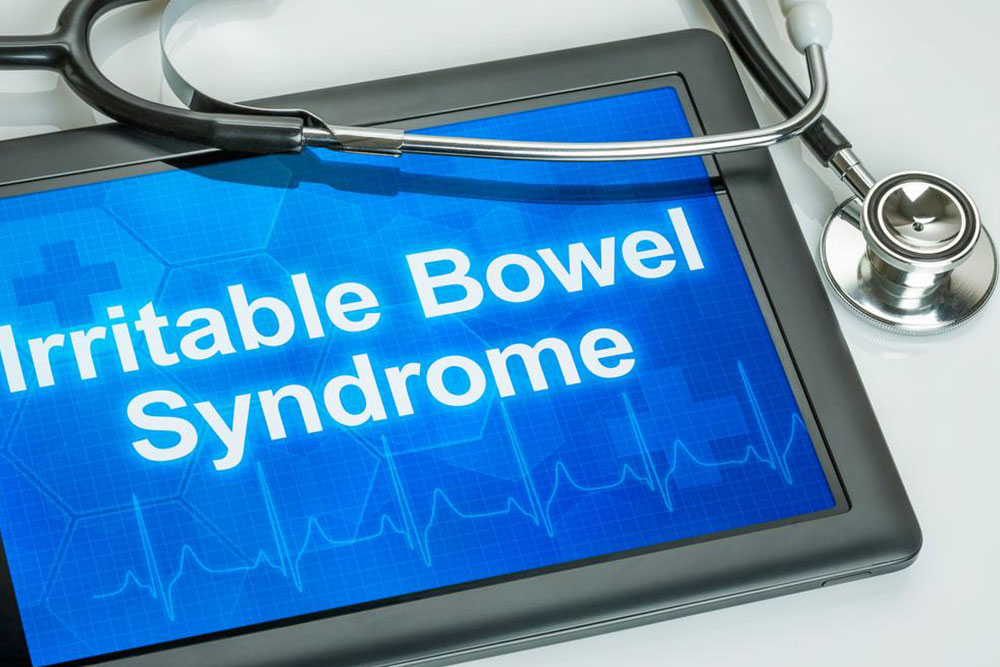Signs and Symptoms of an Enlarged Spleen You Should Know
An enlarged spleen, or splenomegaly, presents symptoms such as abdominal pain, fullness, fatigue, and increased infection risk. Recognizing these signs early through routine exams or symptoms can facilitate prompt diagnosis and treatment. Regular medical evaluation, including imaging and blood tests, is essential to determine the cause and appropriate therapy, which may include medication or surgery if necessary.
Sponsored

The spleen is a vital organ located beneath your left rib cage, playing a key role in immune function and blood filtration. When it's enlarged, a condition known as splenomegaly, various health issues may be the cause, including infections, liver diseases, blood cancers, and certain metabolic disorders. Recognizing the symptoms of an enlarged spleen is crucial for timely medical attention. Symptoms can range from noticeable pain and fullness in the upper left abdomen to fatigue and frequent infections. Some cases may be symptomless and only detected through routine exams, where enlarged spleens are palpable. Diagnostic imaging and blood tests help identify the root cause, and treatment options vary from medication to surgery, which is typically a last resort.
Common Signs of an Enlarged Spleen
Mild to severe pain or fullness in the upper left abdomen, possibly radiating to the shoulder.
Feeling full quickly after eating or even without food, due to pressure on the stomach.
Anemia and susceptibility to infections.
Unexplained fatigue and weakness.
Sharp pain in the left shoulder or back during deep breaths.






